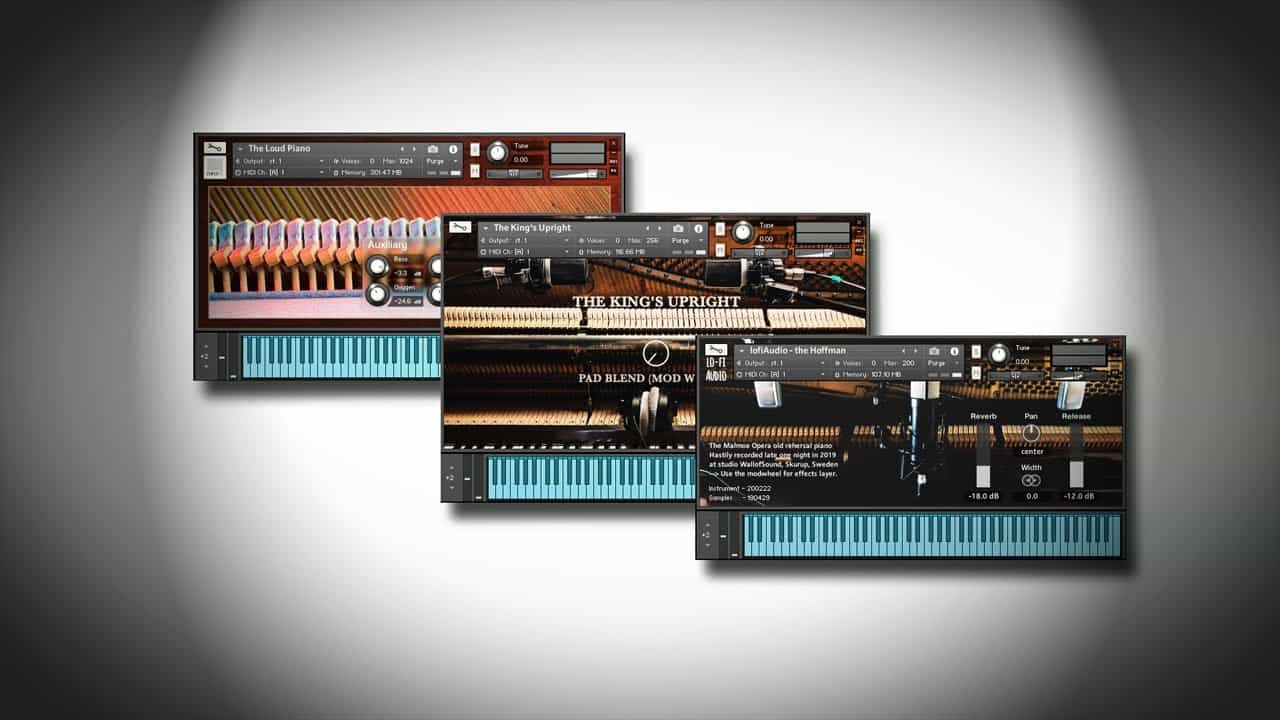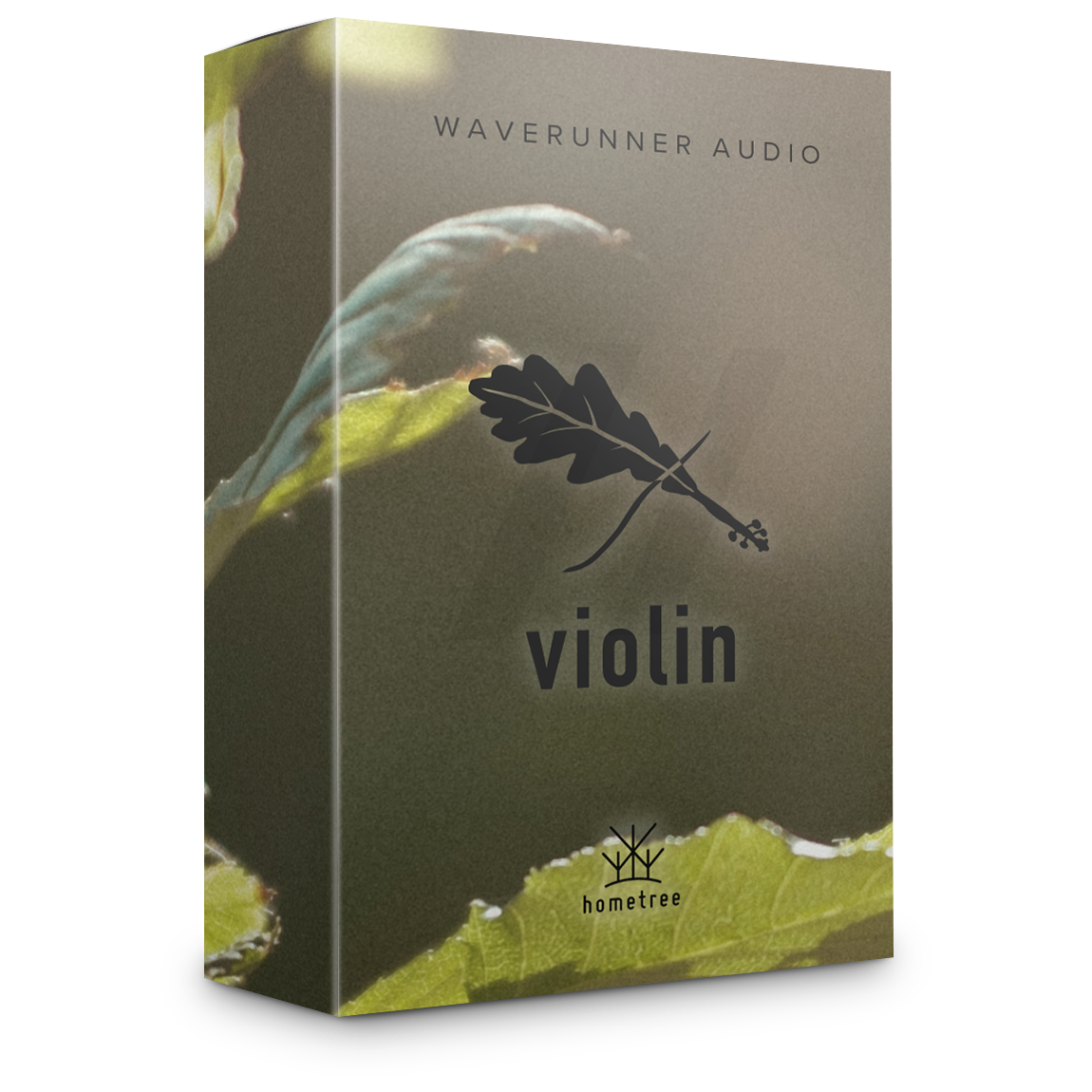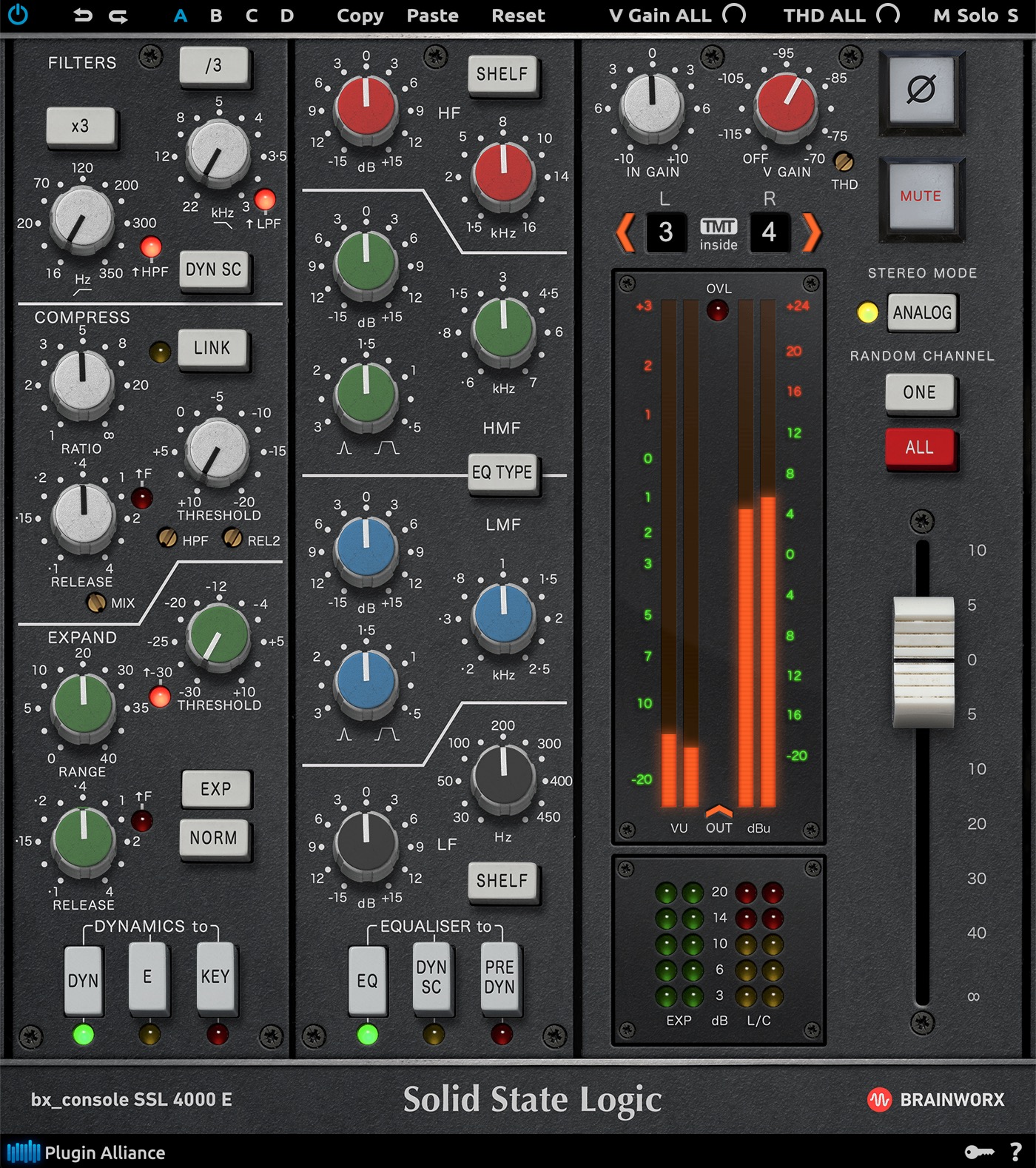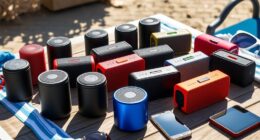Free Piano Libraries (Pianobook) for Kontakt Full
Pianobook is a collective sample project inspiring musicians to embrace the magic of sampling and share their creations with the community. Currently 339 free instruments …and counting! The Pianobook community is dedicated to exploring the unique sounds and textures of various instruments, from traditional pianos to world percussion instruments. Members are encouraged to experiment with new sounds and techniques, pushing the boundaries of what is possible with sampling. With the ever-growing collection of free instruments, Pianobook continues to be a valuable resource for musicians looking to expand their sonic palette.
This ever-growing library of free piano instruments for the Kontakt sampler contains some incredible modern and traditional pianos.
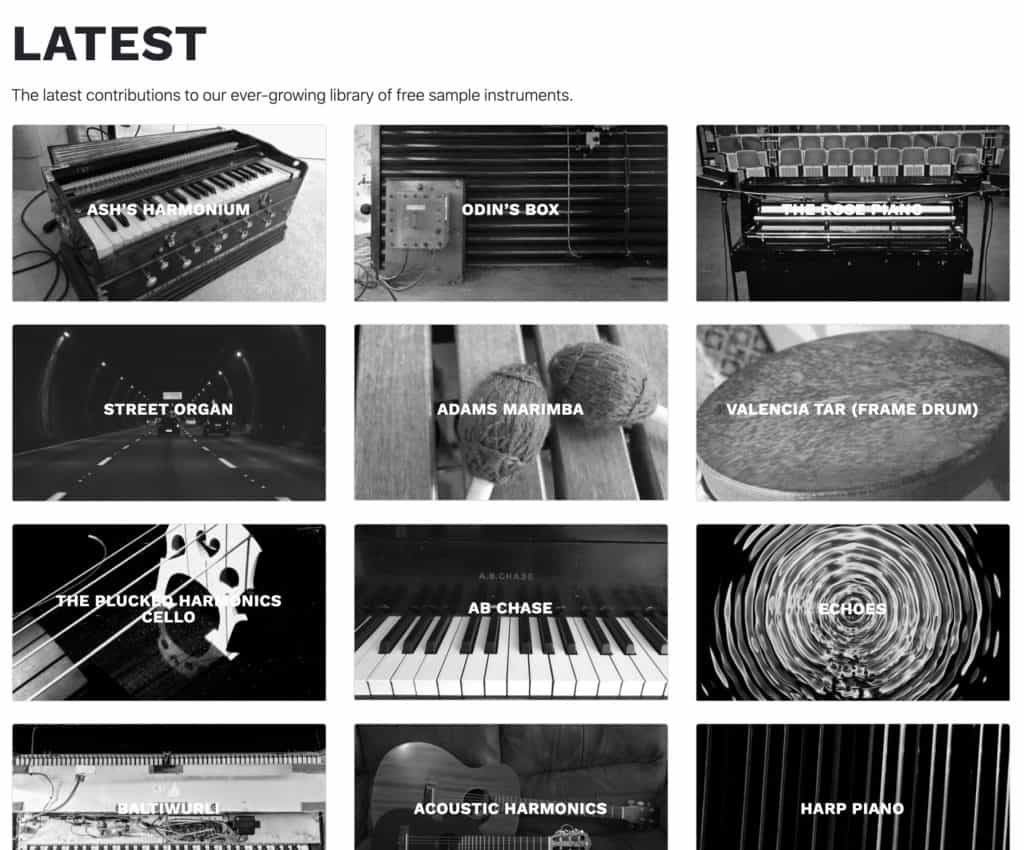
Curated by one of the founders of Spitfire Audio, pianobook is a collective sample project that aims to bring together a community of like-minded music makers to talk about their stories through the pianos they use, admire, and are inspired by.
The start point is the belief that every piano has a story, we will tell that story and then, as part of that narrative, sample the piano to preserve it at that point of its timeline.
Christian Henson will then take these samples and mutate them (with the input of this community) into a whole new world of inspiring sounds, textures, and instruments.
pianobook is a place to share stories, create something extraordinary, and learn something new about each other and ourselves.

